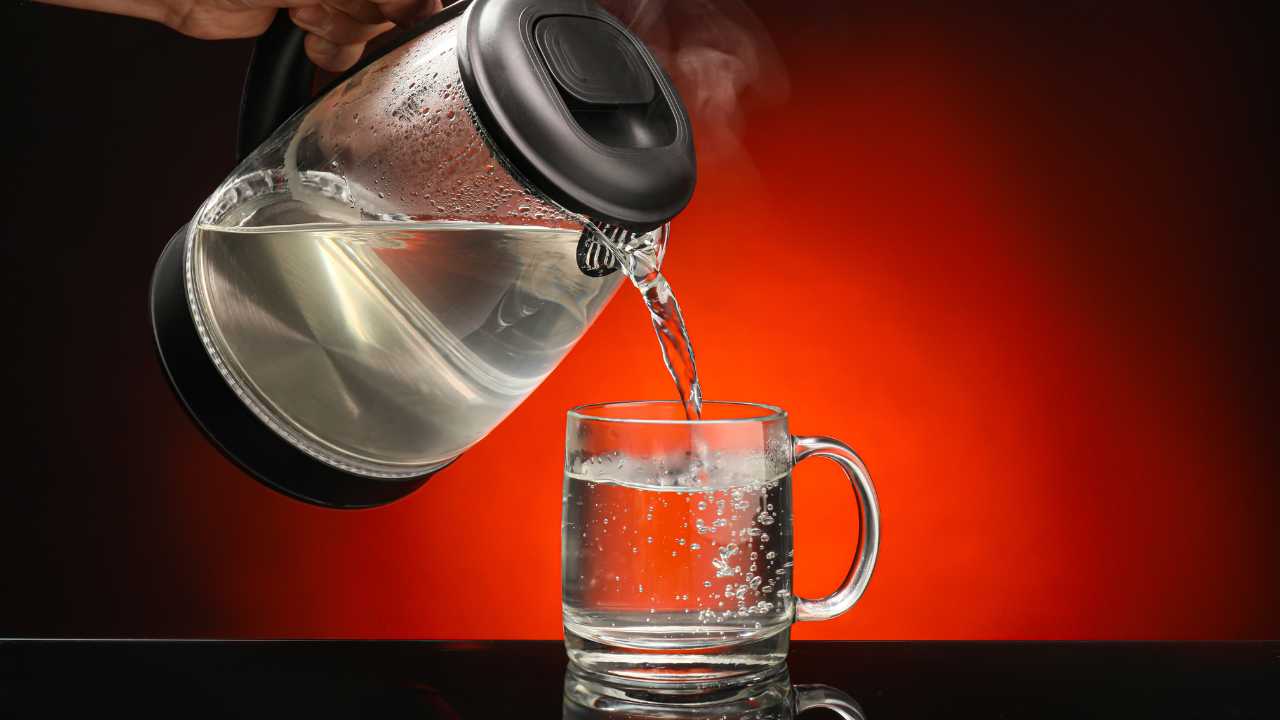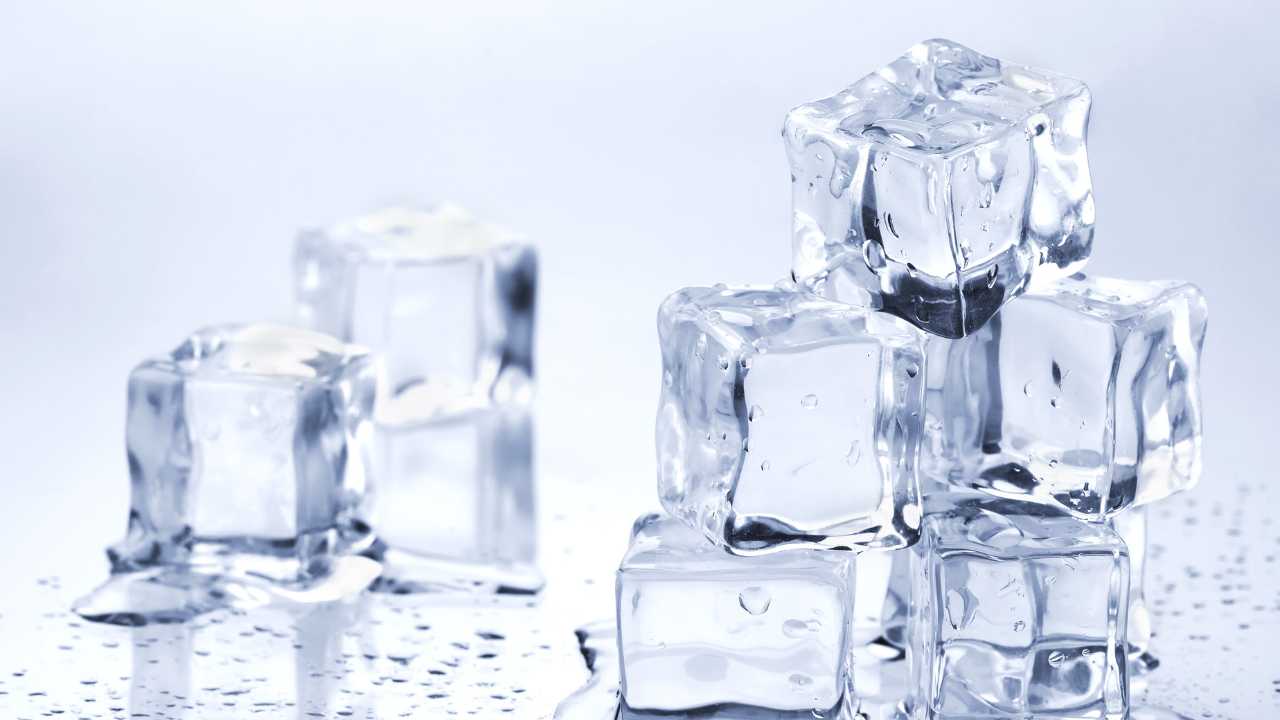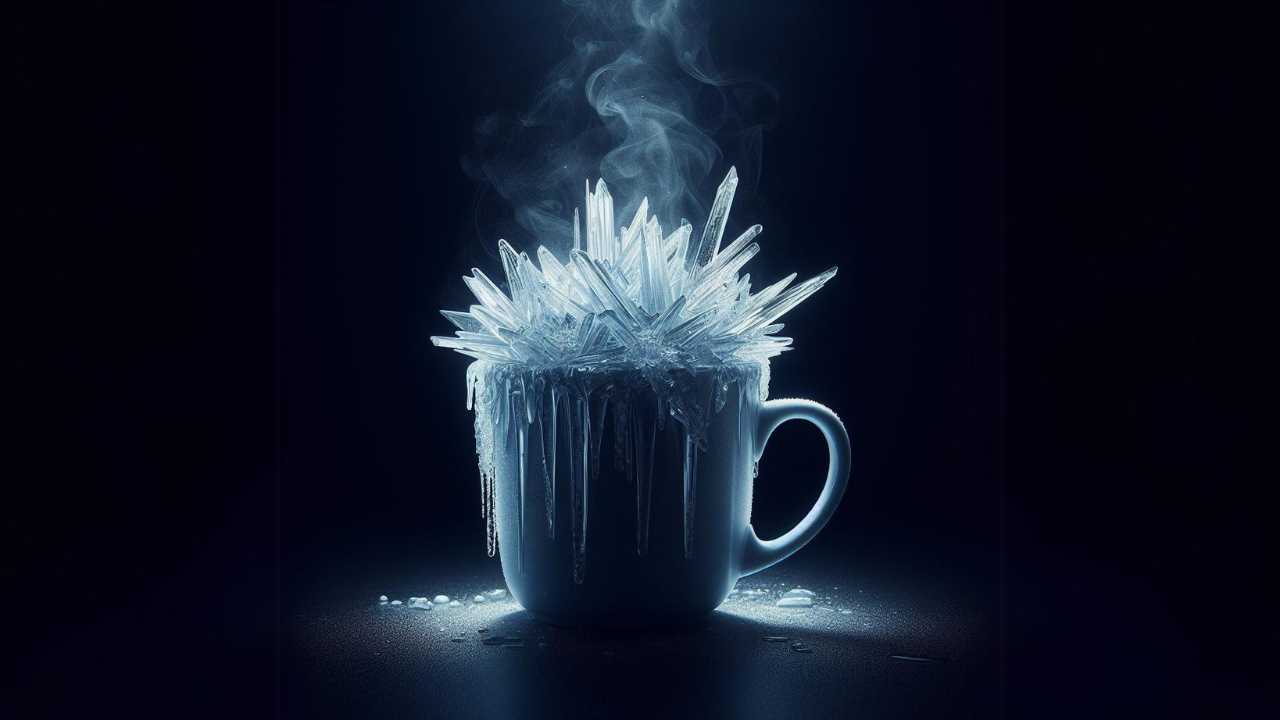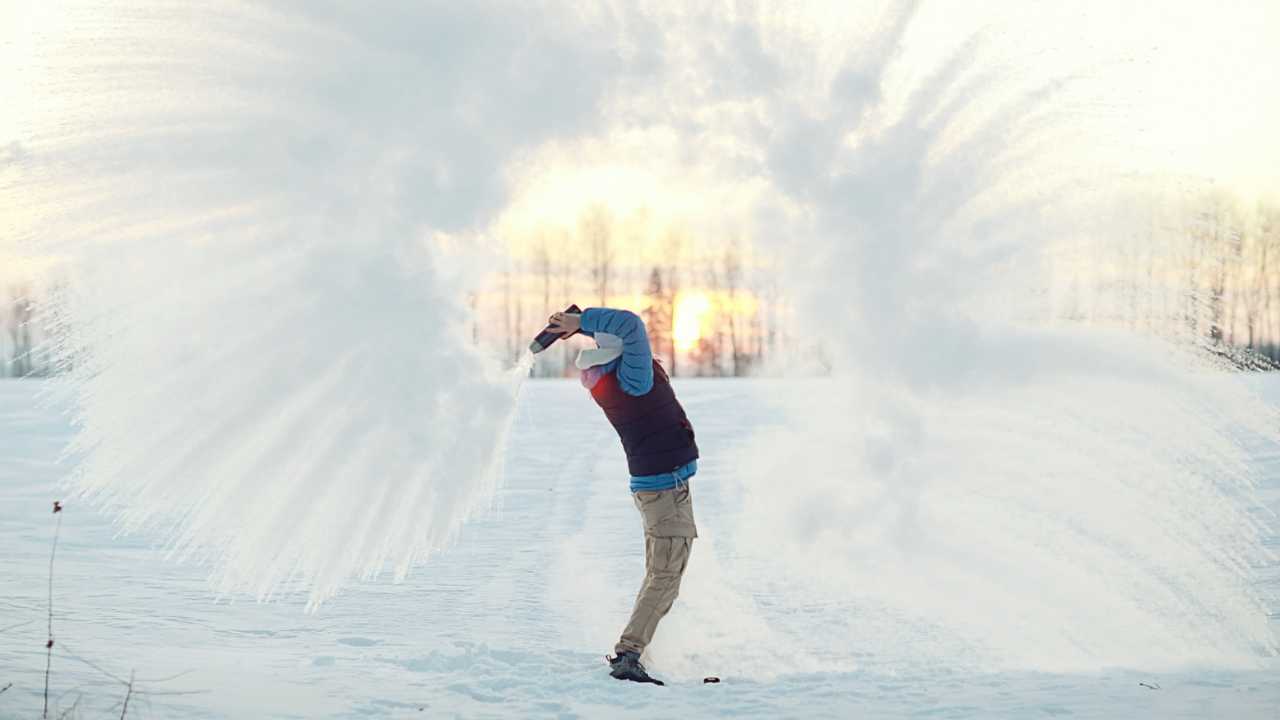The idea of whether hot water freezes faster than cold water is known as the Mpemba effect. This doesn’t always happen and depends on different things like how much water is there and how it moves as it cools down. Scientists are still trying to figure out why and when this happens. So, while hot water can freeze quickly in some cases.
Will hot water freeze faster than cold water?

Hot water can sometimes freeze more quickly than cold water. It is known as Erasto Mpemba, who was a Tanzanian student who discovered in 1963 that a hot ice cream mix freezes more quickly than a cold one. This unique finding recommends that occasionally, hotter water can freeze quicker than cold water. In certain circumstances, higher temperatures could accelerate the freezing system.
The question of whether hot water freezes faster than cold water does not have a simple answer. It depends on how the experiment is done. Usually, freezing means getting water to its freezing point. Since billing water starts hotter, it will seem to take a longer time to cool down. But sometimes, factors like evaporation or supercooling can make the hot water freeze faster.
Also read: How long does it take to freeze water?
How does temperature impact the freezing process?
Temperature has an important effect on the freezing process. Molecules slow down and assemble closer to one another when temperatures drop, forming solids like ice. However, because molecules move more quickly and are less able to bind together in warmer temperatures, freezing occurs more slowly. Thus, things freeze more quickly in colder temperatures.
Also read: Where did earth’s water come from?
What factors affect the freezing rate of water?

Several factors can affect how quickly water freezes:
🔬 Subscribe to SciMail
Get the latest science discoveries straight to your inbox!
- Temperature: The freezing rate is significantly influenced by the water’s starting temperature as well as the surrounding conditions. Lower outside temperatures have the potential to hasten the freezing process.
- Volume: Because of the surface area to volume ratio, which influences heat loss, smaller volumes of water freeze more quickly than larger ones.
- Container Material: Heat transfer may be impacted by the composition of the water-holding container. For instance, metal affects the freezing rate since it transfers heat more quickly than plastic.
- Impurities: The freezing point of water can be lowered by impurities or dissolved elements like salt, which, depending on the situation, can either speed up or slow down the freezing process..
- Agitation: Stirring or agitating water can prevent supercooling and encourage faster ice crystal formation.
- Pressure: Changes in pressure can alter the freezing point of water, although this is usually a minor effect compared to other factors.
These are some of the main factors that can influence how quickly water turns into ice.
Is there a scientific explanation for hot water freezing faster?

Yes, there is a scientific explanation for the observation that hot water can sometimes freeze faster than cold water, a phenomenon known as the Mpemba effect. Here are some of the reasons scientists have proposed:
- Evaporation: Warm water often evaporates more quickly, lowering the amount of water that must freeze.
- Convection: the uneven cooling of hot water can produce convection currents, which could speed up surface cooling.
- Supercooling: While hot water may freeze upon reading, cold water may occasionally remain liquid below its freezing point.
- Dissolved Gasses: The freezing process may be impacted by the fact that hot water contains fewer dissolved gasses.
- Thermal Conductivity: The way heat is conducted can be influenced by temperature changes in the characteristics of water molecules and the bonds that bind them together.
How long does it take for hot water to freeze?
The amount of water, its initial temperature, the freezer’s temperature, and the material of the container are some of the variables that might affect how long hot water takes to freeze, in a standard home freezer, which is typically maintained at 0°F (-18 °C), a modest 16-ounce bottle of water can freeze in two to four hours. One inch of water in a shallow container takes one to two hours to freeze. Under 30 to 45 minutes, a small volume of water could freeze under extremely cold temperatures, such as 10°F (-12°C). These are only estimates, therefore they may change depending on the particulars. It could take longer for hot water to cool down to the cold water once it reaches the freezing point, but it may take longer to reach that point initially. Hot water can freeze even more quickly in some situations because of the previously listed reasons.
How do scientists investigate the freezing behavior of water?

Scientists instigate the freezing behavior of water using various methods and technologies. Here are some ways to do it:
- Experimental Observation: They carry out tests to see how water freezes in various settings, including fluctuating pressures, temperatures, and the presence of contaminants.
- Microscopy: By observing ice crystals under a microscope, scientists can learn more about the nucleation and crystallization processes.
- Theoretical Modeling: They forecast how water will freeze using mathematical models, which they may then compare to experimental findings.
- X-ray Lasers: Using X-ray lasers, scientists may observe the molecular behavior of water just before its freezing point, providing insights that arenot possible with other techniques.
- Computer Simulations: To better understand how water molecules freeze, sophisticated computer models mimic how they behave at various pressures and temperatures.
These methods help scientists gain a deeper understanding of the complex processes involved in the freezing of water, including the peculiarities of the Mpemba effect and other phenomena.


Leave a Reply